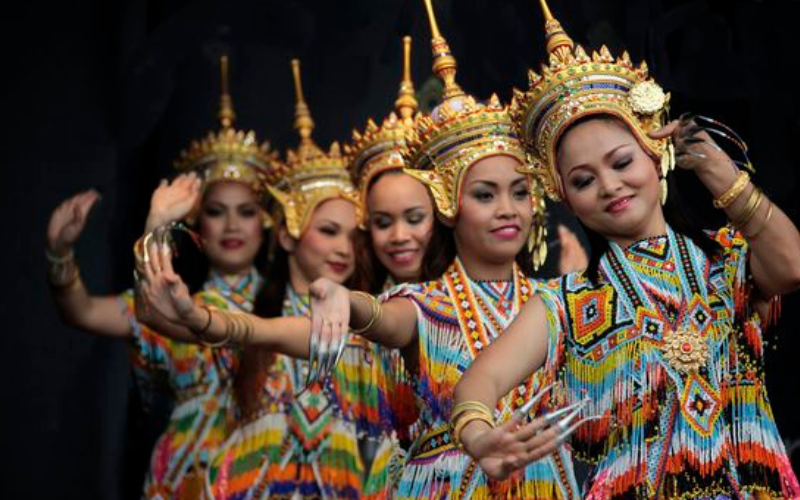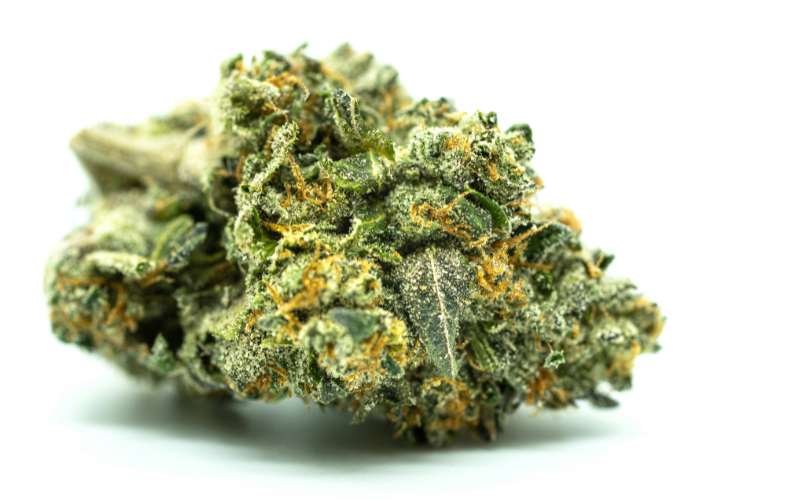Planning a trip to Malaysia? Whether you’re drawn to its vibrant cities, stunning natural landscapes, or rich cultural tapestry, the enchanting diversity of this Southeast Asian gem promises a memorable experience.
However, amidst the excitement of exploring a new destination, it’s crucial to be mindful of local customs, traditions, and etiquette.
In this guide, we’ll navigate through the ‘dos’ and ‘don’ts’ of travelling in Malaysia, shedding light on the common pitfalls to avoid during your visit. From cultural sensitivities to practical tips, arm yourself with essential knowledge to ensure a smooth and respectful journey through this captivating country.
1. Don’t Ignore Local Customs:

From the sanctity of a Malaysian home to the hallowed grounds of places of worship, every encounter offers an opportunity to pay homage to age-old customs.
As you embark on a voyage of discovery through the cultural kaleidoscope of Malaysia, it’s imperative to embrace the rich tapestry of local customs and traditions.
When welcomed into the warm embrace of a Malaysian home, the aroma of spices permeating the air and the laughter of loved ones fills the room and amidst this hospitality, it’s essential to observe respect and reverence. How? Always remember to use your right hand when partaking in the sumptuous array of Malaysian cuisine, from delectable finger foods to fragrant rice dishes because in Malaysia, the left hand is traditionally deemed unclean, and reserved for personal hygiene tasks.
Beyond the confines of the dining table, it is also important to observe footwear etiquette whether entering a Malaysian household or stepping into sacred spaces like mosques and temples, it’s customary to remove your shoes as a sign of respect. This gesture, steeped in tradition, symbolizes humility and mindfulness of sacred surroundings.
For instance, when embarking on a pilgrimage to Batu Caves, a renowned Hindu temple nestled near Kuala Lumpur, visitors are greeted with the solemnity of shoe removal before entering the sacred precincts within the cavernous depths. By honoring these customs, you not only show reverence for the sanctity of religious spaces but also deepen your connection to Malaysia’s cultural heritage.
2. Don’t tip after a meal

In the bustling streets of Malaysia, amidst the aroma of sizzling street food and the hum of vibrant markets, lies a subtle yet significant cultural distinction: tipping which, unlike the customary practice in some Western countries, tipping isn’t expected nor ingrained in Malaysian culture.
Picture yourself seated in a quaint Malaysian restaurant, savouring the tantalizing flavours of local cuisine. But as the meal draws to a close, you may find yourself contemplating whether to leave a gratuity. Here’s the insider scoop: while tipping isn’t frowned upon, it’s not a standard practice in Malaysia.
Instead, Malaysian establishments often incorporate a service charge into the final bill, typically around 10%. This fee serves as a token of appreciation for the service rendered, eliminating the need for additional gratuities. So, fret not about calculating percentages or feeling obligated to leave extra cash — your bill is inclusive of the service charge.
However, should you receive exceptional service that surpasses your expectations, feel free to express your gratitude in whichever way feels appropriate like a genuine word of thanks or a complimentary gesture will undoubtedly be cherished by service providers.
3. Don’t be tempted to try Marijuana

Malaysia has a zero-tolerance approach to drug trafficking and possession because its laws mandate severe consequences, including the imposition of the death penalty for those found guilty of possessing significant quantities of certain narcotics.
The Malaysian law against drugs is enshrined within the Dangerous Drugs Act, these penalties serve as a deterrent against the proliferation of illicit substances and it expressively reflects Malaysia’s unwavering commitment to combating drug-related crime. According to the provisions of the act, individuals caught in possession of 15 grams of heroin or morphine, 1 kilogram of opium, 40 grams of cocaine, or 200 grams of marijuana may face the ultimate sanction of death.
As visitors to Malaysia, it’s important to familiarize oneself with local laws and regulations, exercising caution and discretion to avoid inadvertently running afoul of the law.
4. Refrain from Being Too Physically Affectionate:

In the heart of Malaysia’s cultural mosaic, where traditions intertwine with modernity, lies a subtle yet crucial aspect of etiquette: the expression of physical affection. It’s essential to tread lightly when it comes to displays of intimacy as you explore the vibrant streets and engage with the warm-hearted locals.
Embedded within the fabric of Malaysian society is a sense of reserve and modesty, reflective of the nation’s diverse cultural tapestry. With Islam as the official religion, Malaysia embraces conservative values, particularly concerning public displays of affection. it’s however advisable to exercise restraint in expressions of physical closeness whether strolling through bustling markets or mingling in social gatherings.
In a country where traditions run deep, a gentle nod or warm smile suffices as a gesture of goodwill.
Furthermore, in adherence to Muslim customs, tourists should exercise caution regarding physical contact with individuals of the opposite gender. Malaysians are welcoming and hospitable, but it’s prudent to avoid unnecessary touching or embracing, especially during initial encounters as it is against the country’s custom.
5. Don’t Assume Malaysians Have Poor English Proficiency:

As you step foot in Malaysia, prepare to be pleasantly surprised by the fluency of English spoken by many locals, particularly in urban centres like Kuala Lumpur. Contrary to popular belief, Malaysia boasts a multilingual populace adept at navigating English, Malay, Chinese, and Tamil conversations. So, don’t be afraid when you find yourself effortlessly communicating with Malaysians in English.
Embrace this linguistic diversity as a testament to Malaysia’s cosmopolitan ethos. Engage with locals in English, and you’ll discover a wealth of insights into the country’s culture and heritage. However, should you feel inclined to delve deeper into the linguistic tapestry, don’t hesitate to utter a heartfelt “terima kasih” (thank you) in Malay — a gesture that resonates with warmth and appreciation.
By acknowledging and respecting Malaysians’ proficiency in English, you not only forge meaningful connections but also embark on a journey of cultural exchange that enriches both traveller and host alike.
6. Dog is a No! No!

The Malaysian culture is rooted in religious teachings and societal norms so Malaysia’s attitude towards canines is quite hostile.
At the heart of this discourse lies the Islamic principle of cleanliness, which deems dogs as unclean and, in some interpretations, forbidden but despite this conservative stance, Malaysia witnessed a poignant moment in 2014 when over 1,000 curious Malaysians defied convention to participate in the groundbreaking event, “I Want to Touch a Dog.”
Organized by Syed Azmi Alhabshi, the event sought to bridge cultural divides by allowing Muslims to interact with dogs and learn the ritual washing process afterwards but while the event was hailed as a gesture of inclusivity and understanding, it sparked controversy among conservative factions within Malaysian society.
Amidst the joyous moments shared between attendees and their newfound furry friends, Syed Azmi faced backlash and even death threats from hardline Muslims who perceived the event as a challenge to religious orthodoxy. Forced into temporary hiding, Syed Azmi issued a heartfelt apology, reaffirming his intentions to promote understanding and unity.
7. Never wear revealing dresses

Here is a gentle reminder of sartorial sensitivity. Whether basking in the coastal splendour or traversing the tranquil countryside, it’s essential to heed the nuances of attire etiquette, particularly concerning modesty.
Picture yourself strolling along the pristine beaches of Malaysia, the azure waters lapping at your feet and the gentle breeze caressing your skin. It is important to resist the temptation of embracing the sun’s warmth in scanty attire as this can offend the customs of Malaysia
In states such as Terengganu and Kelantan, where tradition holds sway, there are regulations governing attire, especially in public spaces. Here, the ethos of modesty prevails, with rules prohibiting the sharing of swimming pools by individuals of opposite genders and the restriction of women from donning bikinis.
Even beyond these specific locales, many Malaysians, particularly in rural areas, prefer attire that veers towards modesty.


